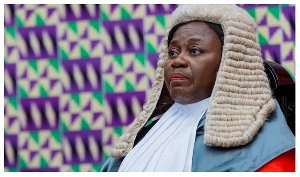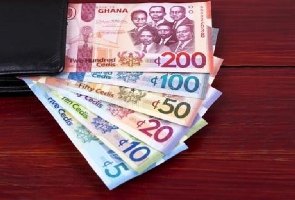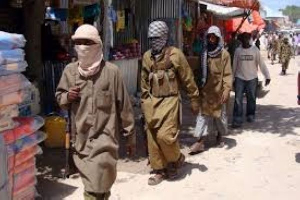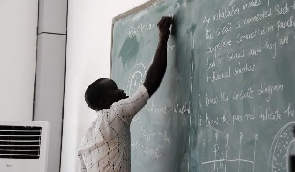Between Ghana’s Minerals Commission (MC) and her Environmental Protection Agency (EPA), the country has lost several hundreds of millions of dollars in addition to sustained substantial degradation of the country’s environment and violation of human and communal rights, particularly in areas where mining activities (big or small, foreign or local) have been or are being conducted. Yet the culprits, mainly foreign multinational companies, have gone unpunished and sadly enjoy some level of acceptance by our political elites, for obvious reasons. This has been the case for well over a century now, and for the past decade, telecommunications companies (all of them foreign-owned) have joined the plunder by mining companies in Ghana. The political landscape in the mining sector is being replicated in the telecommunications sector as well. Key in this landscape has been the establishment of a chamber (essentially an association of mining companies, and now telecommunications companies) with a Ghanaian face but with the sole aim of expropriating Ghanaians. More importantly, the chamber also stands firmly in the way of aimed efforts aimed at addressing the problem.
The recent establishment of the Chamber of Telecommunications (COT) lends a lot of credence to this fact. Like the Chamber of Mines (COM) the COT is headed by a renowned Ghanaian journalist and has been employing all ways and means to demonize all state institutions, mainly the National Communications Authority and District/Municipal/Metropolitan Assemblies in the performance of their statutory duties. These notwithstanding, the National Communications Authority (NCA) has shown that it can and indeed is living up to expectation. It has shown other state institutions like the MC and the EPA that it is possible to perform their statutory duties and to stand firm by our national interest. This lead can be viewed in its recent imposition of a fine, in the amount of $1.2million on the operators of mobile networks for poor services. This poor service is a fact that can be attested to by everybody in Ghana using mobile phone, with the sole exception of the head of the COT! Soon after the news of this sanction was shared with Ghanaians, the COT wrote a long rejoinder criticizing the NCA for imposing the fines and making the sanction public. Given the purpose of the COT, it is important that Ghanaians rally behind our institutions (NCA and Assemblies) and ensure that foreign exploiters fail in their efforts to expropriate our resources.
This leads me to the main issue or question of this piece: whether the MC and the EPA can follow the lead by the NCA to stand by the national interest of Ghana, as against parochial interest of elites running those institutions. There are several abnormalities in the mining sector of the country. First the International Monetary Fund has criticized Ghana and several other developing countries for their inability to raise enough or fair revenue from their natural resource wealth. Again several reports authored by the World Bank also maintain this same position. And this is the most unfortunate thing to happen to a country. That institution like IMF and the World Bank (long standing promoters of western interest, including those of corporate/multinationals) expresses dissatisfaction with our share of the natural resources wealth. This also shows how wicked and devilish the multinational companies that are plundering our nation are. More so, the Finance Minister recently wrote to the Attorney General asking why Ghana has no stake in five of the largest mining companies in Ghana, including Newmont. And all these are made possible by the establishment of the COM which conspires with the MC, and virtually drafts and ultimately finalizes every single mining-related document in the country – from policies, through laws, to regulations.
So my question really borders on when and how the COM will divorce itself from and leave the way for mining-related state institutions – MC and EPA – to perform their statutory duties and to stand firmly by the national interest of Ghana?
Opinions of Friday, 11 November 2011
Columnist: Atta-Quayson, Alhassan




![Declan Rice shouting at Partey [L] Declan Rice shouting at Partey [L]](https://cdn.ghanaweb.com/imagelib/pics/372/37287055.295.jpg)









